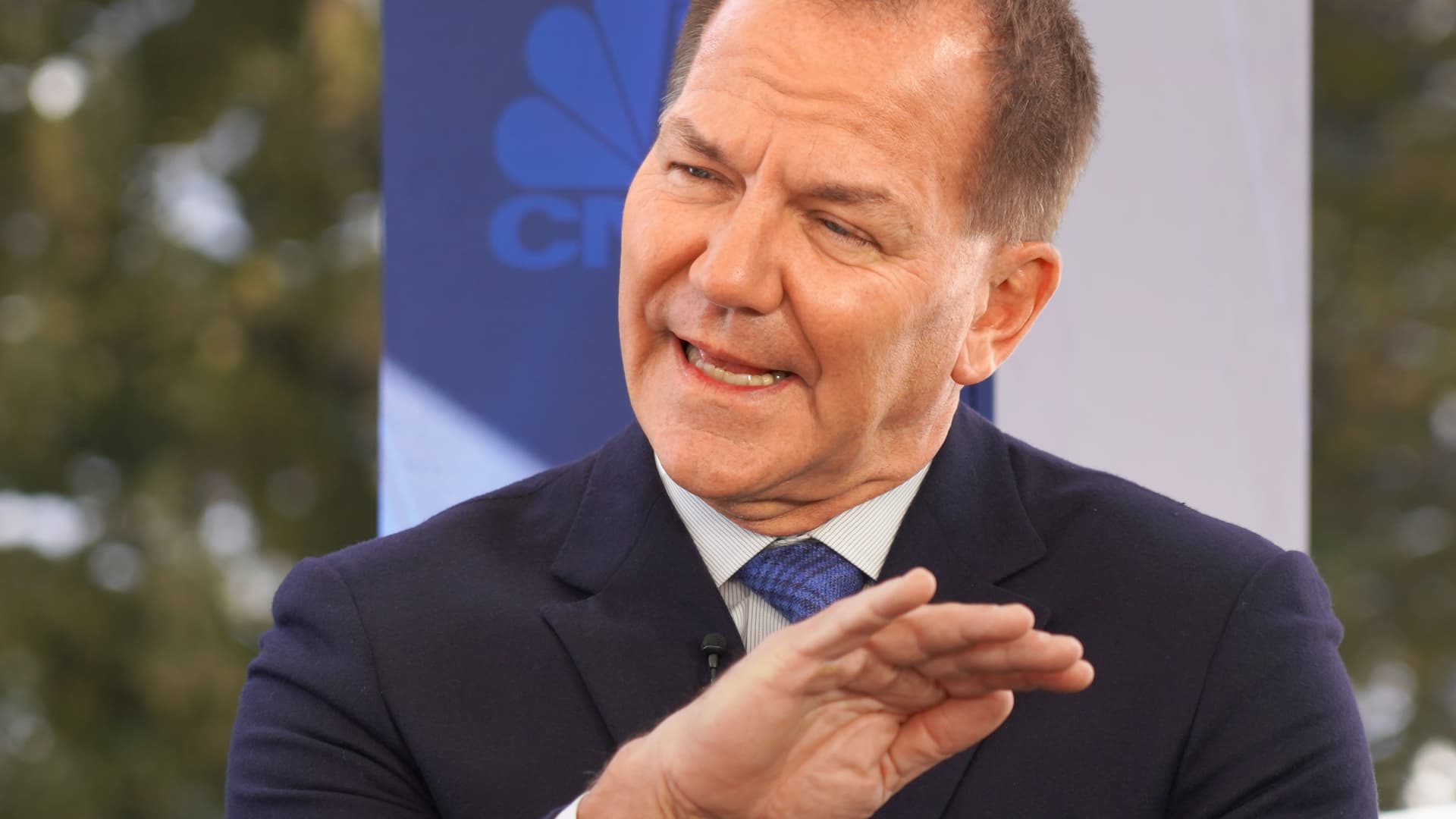Billionaire hedge fund manager Paul Tudor Jones believes the financial markets are far less stable entering President Donald Trump’s second term than they were back in 2017. “There’s so many moving parts, and there’s so many things that are cross currents. The one thing that I would say is this is a completely, totally different landscape than Trump 1.0,” Jones said on CNBC’s ” Squawk Box .” The widely followed investor said fixed income, foreign exchange and equity markets have all gone through sea changes during the past eight years. He noted that the Treasury is now issuing a record amount of debt, more than doubling the number in 2017. Meanwhile, today foreigners take up twice as much the ownership of U.S. equities, debt and real estate than in 2017 as a percentage of GDP, Jones said. As for the stock market, the founder and chief investment officer of Tudor Investment pointed out that the average price-to-earnings ratio of the S & P 500 today is around 25, versus the 19 level in January of 2017. “We could have a 30% correction the stock market and just be back to slightly overvalued,” Jones said. “I think Trump being Trump, I don’t know if it will play as well as it did in 1.0 because there’s no room for mistakes.” The markets declined on Monday after Trump hit several key U.S. trading partners with tariffs over the weekend, raising fears that a full-blown trade war would disrupt global supply chains, reignite inflation and slow the economy. Stocks cut losses after Mexico’s president said tariffs against the country would be paused. “He’s my president now, I pray he makes all the right decisions, because we are precariously perched from a macro standpoint,” Jones said. “I don’t think we’ve ever had as many things that are connected in circular and could go wrong. So it’s going to take a maestro to pull this off in a way that kind of preserves where we are now in the major asset classes.” Jones shot to fame after he predicted and profited from the 1987 stock market crash. He is also the chairman of nonprofit Just Capital, which ranks public U.S. companies based on social and environmental metrics.





